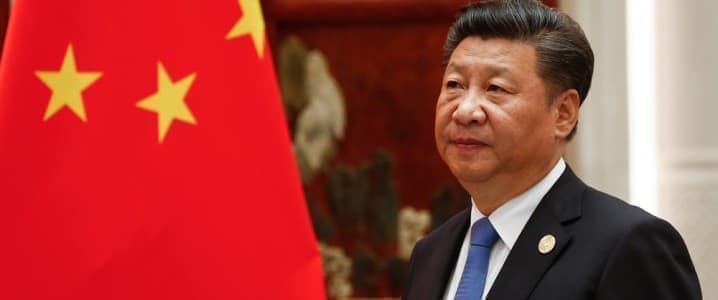In the early days of the oil industry, the U.S. quickly established dominance as the world’s most important producer and consumer of petroleum. But over time, depletion in the U.S. and discoveries abroad caused U.S. dominance of the petroleum industry to fade. Although the U.S. remained the world’s largest consumer of petroleum, it became increasingly dependent on foreign oil.
It became clear many years ago that U.S. dependence on other countries for petroleum was a national security issue. The issue came to a head in 1973, when various members of the Organization of Petroleum Exporting Countries (OPEC) initiated an oil embargo against the United States and certain U.S. allies.
As a result of the embargo, a supply/demand imbalance ensued. Oil prices quadrupled in a very short period of time, contributing to a deep global recession. Our continued dependence on foreign oil has influenced American foreign policy for decades, and it has contributed to multiple military conflicts in the Middle East.
The U.S. received a rare second chance to regain energy independence as a result of the shale oil boom. But the lessons we have learned over the evolution of the oil industry have direct implications as the world transitions to new sources of energy.
Petroleum was the raw material that enabled the growth of the global transportation industry over the past century. But increasingly in the next century, it is lithium that will be the critical commodity. U.S. automakers aspire to have 40% to 50% of new vehicle sales by 2030 be electric vehicles (EVs). This will result in a tremendous increase in lithium consumption.
According to a newly-published white paper by California-based lithium-ion battery supplier OneCharge:
“It is estimated that the U.S. alone will need 500,000 metric tons per year of unrefined lithium by 2034 just to power EVs. The U.S. produces just a fraction of that today. The current global production of lithium in 2020 was about 440,000 metric tons of lithium carbonate equivalent (LCE, contains about 18% of pure lithium), and not all of that is in pure enough form for batteries, according to Chris Doornbos, president, and CEO of E3 Metals Corp, a lithium extraction firm located in Calgary, Canada, which plans to produce battery-grade lithium hydroxide.”
But just as the U.S. eventually ceded its petroleum security to foreign countries, it is in the process of doing the same with lithium. According to the 2021 BP Statistical Review, China has 7.9% of the world’s lithium reserves. The U.S. has 4.0%. (The majority of global lithium reserves are in South America and Australia). Nevertheless, China has become the 3rd largest lithium producer in the world, outproducing the U.S. in 2020 by more than a factor of 15.
This dominance didn’t happen by accident. Over the past decade, China has spent over $60 billion to build its lithium industry. U.S. investments have lagged significantly behind, which has enabled China to build a robust lithium supply chain.
It goes well beyond access to lithium supplies. China has invested heavily in lithium-ion battery production. Thus, if lithium is analogous to petroleum, then lithium-ion battery production is analogous to the refineries and chemical plants that turn that petroleum into finished products. There, the U.S. is falling behind. (Also see my 2019 article Why China Is Dominating Lithium-Ion Battery Production).
China controls the lion’s share of the global lithium-ion battery supply chain, and its market share has grown by another 12% in the past two years. There is a very real threat that China will be to lithium what OPEC was to petroleum — except at least with petroleum the U.S. was a major producer in our own right. We can’t say that about lithium.
However, all is not lost. In the next article, I will discuss the steps experts believe we can take to change the current trajectory of China’s dominance over the lithium supply chain.
By Robert Rapier
More Top Reads From Oilprice.com:
- A Copper Crisis Threatens The Energy Transition
- $80 Oil Is Too Enticing For U.S. Drillers To Ignore
- World’s Largest Oil Trader: Prices Are Set To Rise Further


















